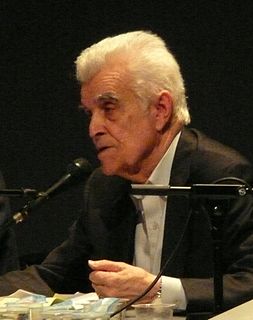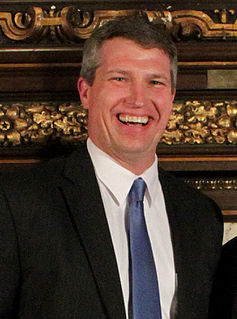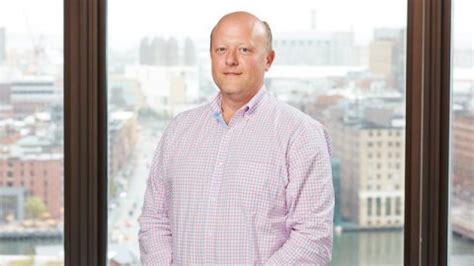A Quote by Alan Thein Durning
Economists use the word consume to mean "utilize economic goods," but the Shorter Oxford Dictionary's definition is more appropriate to ecologists: "To make away with or destroy; to waste or to squander; to use up." The economies that cater to the global consumer society are responsible for the lion's share of the damage that humans have inflicted on common global resources.
Related Quotes
Ignorance is a treasure of infinite price that most men squander, when they should cherish its least fragments; some ruin it by educating themselves, others, unable to so much as conceive of making use of it, let it waste away. Quite on the contrary, we should search for it assiduously in what we think we know best. Leaf through a dictionary or try to make one, and you will find that every word covers and masks a well so bottomless that the questions you toss into it arouse no more than an echo.
If the life-supporting ecosystems of the planet are to survive for future generations, the consumer society will have to dramatically curtail its use of resources - partly by shifting to high-quality, low-input durable goods and partly by seeking fulfillment through leisure, human relationships, and other nonmaterial avenues. We in the consumer society will have to live a technologically sophisticated version of the life-style currently practiced lower on the economic ladder.
Why do we send valuable items like aluminium and food waste to landfill when we can turn them into new cans and renewable energy? Why use more resources than we need to in manufacturing? We must now work together to build a zero waste nation - where we reduce the resources we use, reuse and recycle all that we can and only landfill things that have absolutely no other use
Until the 19th century, the term 'to consume' was used mainly in its negative connotations of 'destruction' and 'waste'. Tuberculosis was known as 'consumption', that is, a wasting disease. Then economists came up with a bizarre theory, which has become widely accepted, according to which the basis of a sound economy is a continual increase in the consumption (that is, waste) of goods
China is a main energy consumer and, therefore, is also a big greenhouse gas emitter. We must use energy resources rationally and must conserve. This needs us to adjust our economic structure, transform the mode of development, to make economic development more dependent on progress of science and technology and the quality of the work force.


































